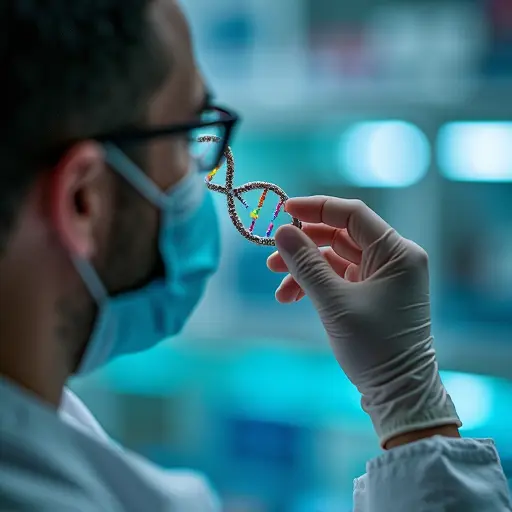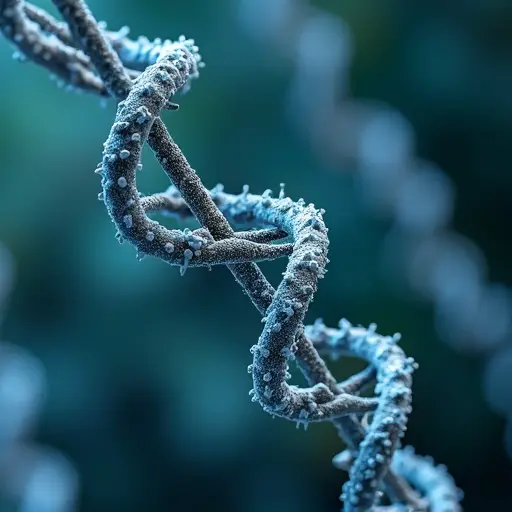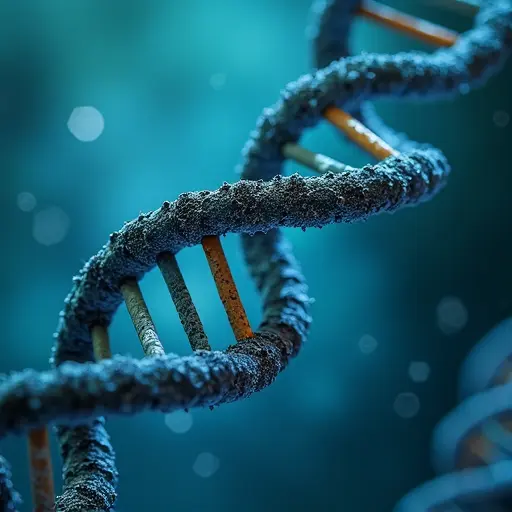
Unexpected outcomes in CRISPR animal trials
Recent CRISPR-Cas9 experiments on animals have yielded concerning genetic abnormalities, raising questions about the safety and ethical implications of the technology. Scientists observed significant unintended DNA mutations in approximately 16% of the test animals, including segmental deletions and complex rearrangements near target sites.
Scientific concerns amplified
Conventional CRISPR evaluation methods failed to detect these major mutations. Professor Kathy Niakan from the Francis Crick Institute warns, "We have underestimated CRISPR's potential for collateral damage. Our findings show that standard tests miss important unintended mutations at the target." These mutations occurred despite the use of standard protocols, indicating fundamental limitations in current gene-editing techniques.
Ethical dilemmas intensify
These results have reignited ethical debates about genome modification applications. Bioethicist Dr. Elena Rodriguez notes, "Unpredictable mutations in animal trials raise serious questions about pursuing human germline modification. The 2018 Chinese CRISPR baby scandal demonstrated the dangers of premature application." The European Biotechnology Advisory Group has called for an immediate review of CRISPR trial protocols and stricter oversight.
Path forward
Researchers are developing new evaluation tools, including open-source computational pipelines to detect complex mutations. Meanwhile, modified Cas9 enzymes with reduced off-target activity show promise in early tests. The scientific community emphasizes that CRISPR remains valuable for research but requires improved safety measures before therapeutic applications. Learn more about ongoing CRISPR trials.

 Nederlands
Nederlands English
English Deutsch
Deutsch Français
Français Español
Español Português
Português







